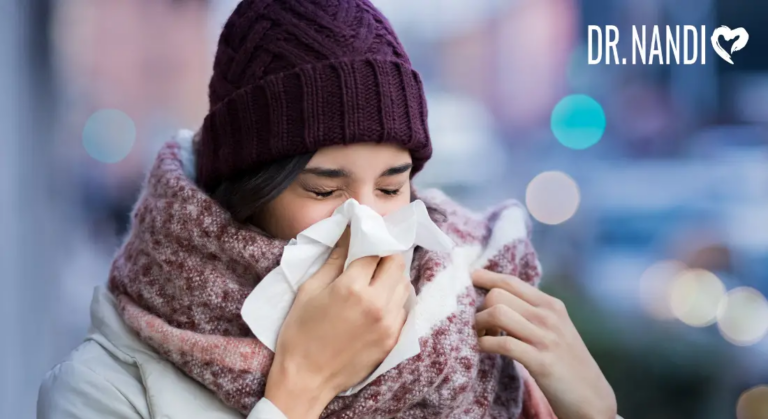We’re living in unprecedented times with a lot of uncertainty still surrounding the novel coronavirus that causes COVID-19. With warmer weather on the horizon, many are wondering if we should expect the virus to fade with increasing temperatures. Common upper respiratory illnesses like colds and the flu often hit hardest in winter. The warmer seasons see decreased instances of these diseases because of increased sunlight. The sun does two things to fight viruses. First, it boosts natural vitamin D levels, which is good for your immune system. Second, the sun’s UV rays help kill cold and flu viruses.
Warm Weather
Unfortunately, the same does not appear to hold true for the novel coronavirus according to The U.S. National Academy of Sciences. Countries like Iran and Australia that are currently experiencing summer temperatures have seen a similar spread of the disease as countries in cooler climates. In addition to these findings, a new study out of China corroborates this theory. Researchers did not find a change in transmission in cities with higher temperatures and humidity.
Some experimental laboratory studies have shown a reduction in the survival of the novel coronavirus at higher temperatures and humidity levels. But out in the real world, there are too many variables when it comes to person-to-person virus spread. So long-term studies are needed to determine the effects of temperature and humidity on the spread of the virus.
The bottom line is this: we can’t rely on warmer weather to control the spread of COVID-19. Social distancing remains one of the most effective ways to reduce transmission of the coronavirus until a vaccine and treatment are developed.
COVID-19 Symptoms: Gastrointestinal Issues
Some folks experiencing mild cases of COVID-19 present with gastrointestinal problems. In some cases, these were the only symptoms they had. And, in China, up to ¼ of patients who were infected with COVID-19 had digestive issues. Because these symptoms are not on the list of common signs of the illness, many sought medical care much later than those who had severe respiratory symptoms.
This is important because having more information about what to look for could help slow the spread of the disease. So, if you have a sudden onset of digestive problems including nausea, vomiting, or diarrhea, you may need to self-quarantine to prevent spreading the disease.
Now, as with any symptoms, just because you experience digestive trouble doesn’t mean you are infected with the coronavirus. But your healthcare provider may consider testing you for COVID-19 if you’ve come in contact with someone you know to be infected.
Please continue to stay safe by practicing social distancing, avoiding touching your face as much as possible, disinfect commonly touched surfaces, and wash your hands often!



















